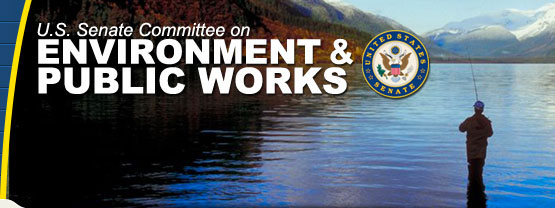Part 1 of 2 Parts
One of the problems with nuclear power that I keep returning to concerns the federal regulation of nuclear power plants by the Nuclear Regulatory Commission (NRC). There have been many cases where operators of nuclear power plants have failed to obey NRC regulations. In some cases, the NRC itself failed to hold nuclear plant operators accountable for such disregard of the rules. In other cases, the NRC conspired with nuclear plant operators to help them avoid regulatory compliance.
Going beyond the compliance with or disregard of NRC rules for the operation of nuclear power plants, we are also confronted with the constant pressure on the federal government to weaken or eliminate NRC rules that nuclear power plant operators view as interfering with their quest for profits.
The Republican Party began a relentless war on government regulation forty years ago during the Reagan administration. They say that federal regulations can be excessive and financially punitive. They claim that private companies can suffer stunted growth and fall behind foreign competition because of excess regulation. However, most Republicans admit that there is a need for some regulation when public health and/or safety are in danger. In 2017, the White House Council of Economic Advisers released a report titled “The Growth Potential of Deregulation.” In the report, the WHCEA said that “society is better off with regulations that prevent toxic waste dumping, outlaw child labor, and protect endangered species.”
Private companies complain that while some regulation is needed, they do not understand why the federal government should do the regulating. They say that taxpayers should not have their taxes spent by federal regulators making life hard for private businesses. They say that companies have an economic incentive to run their businesses in such a way as to not threaten public health and safety.
Unfortunately, experience has shown that private companies cannot always be depended upon to put public health and safety above profits. Two professors at a prestigious business school once penned a paper that said that the primary goal of any company’s management was to make money for the shareholders or owners. They actually said that if more money could be made by ignoring government regulations and/or breaking laws, then the company managers should go ahead and do it. Any fines that resulted should just be considered part of the cost of doing business. This philosophy does not instill confidence that private companies can be relied upon to make public interest a priority.
Industry self-regulation has often been tried and found wanting. People have suffered and died when self-regulation failed. Recently two Boeing 737 Max airliners crashed and people were killed. The federal government has turned over to Boeing a lot of the testing of their own jet. Some critics say that the Federal Aviation Administration allowed Boeing to certify regulatory compliance of their own planes.
The Trump administration has taken the Republican deregulation crusade to new heights. Recently, the Senate Environment and Public Works held a hearing on the NRC. One of the reasons for the hearing was to discuss a new safety regulation to protect the fleet of U.S. nuclear power reactors from earthquakes and floods.
Please read Part 2
Nuclear Reactors 668 – U.S. Nuclear Industry Pressuring Congress To Relax Nuclear Regulation – Part 1 of 2 Parts

